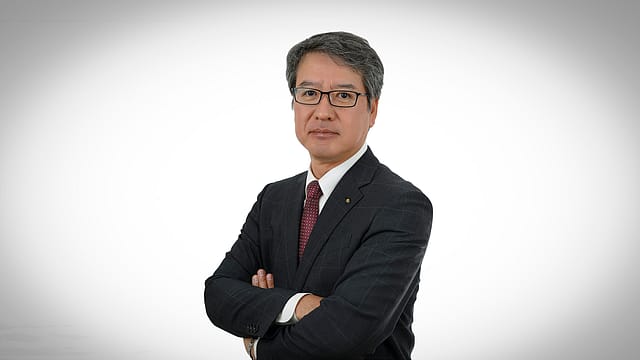Maruti Suzuki to double its turnover by 2030-31: MD & CEO Hisashi Takeuchi
ADVERTISEMENT

Maruti Suzuki India Limited, the country's largest automobile manufacturer, is looking to double its turnover in the next decade, according to managing director & CEO Hisashi Takeuchi. This is in line with Suzuki Motor Corporation's, the parent company of Maruti Suzuki, target to double its turnover by FY31, says Takeuchi. In order to achieve this feat, the company plans to bring in new products, invest in new technologies and increase the production capacity.
"Looking at the immense potential of the Indian automobile market, our parent company Suzuki Motor Corporation has outlined a robust growth strategy. As part of Suzuki's growth strategy, it targets to achieve a global turnover of ₹4.32 lakh crore in FY31. This is exactly double the turnover of ₹2.16 lakh crore we achieved in FY21-22. And for this Suzuki has planned an investment of ₹2.8 lakh crore by FY30-31 through enriching products, bringing new technologies and setting up new facilities," says Takeuchi. Takeuchi, however, didn't reveal the amount that will be invested in India by Suzuki Corporation Limited as part of its growth strategy.
According to Takeuchi, the company's Indian subsidiary will play a "big role" in achieving this target and is also aiming to double the turnover by FY31.
He was speaking on the sidelines of the launch of Invicto, Maruti Suzuki's first product offering in the premium vehicle segment. The hybrid MPV (multi-purpose vehicle), which is the third product by Maruti Suzuki this year, is available at a price range of ₹24.79 lakh to ₹28.72 lakh.
Reiterating its commitment towards carbon neutrality, Maruti Suzuki plans to bring six new EVs (electric vehicles) by FY31. "Suzuki has a roadmap on carbon neutrality in India. We are committed to bringing 6 EVs (electric vehicles) by FY31 across different segments. Besides in our journey for decarbonisation, we continue to bring new technology products like CNG, hybrid, ethanol flex fuels and biogas," says Takeuchi. The company says that in the near future, 25% of Maruti Suzuki's fleet would be hybrid. The company already has Grand Vitara, Brezza, Ertiga, new Ciaz, XL6, and Fronxx as part of its hybrid offering.
Meanwhile, the company also plans to ramp up its manufacturing capacity to 2.5 lakh units by 2025 as part of its growth strategy. "In line with the anticipated market growth in 2030, we are also expanding our manufacturing capacity. The production at our new manufacturing facility in Kharkhoda is in full swing. We plan to introduce the first plant with an annual manufacturing capacity of 2.5 lakh units by 2025," says Takeuchi. According to the company, once fully operational, the Kharkhoda facility will produce 10 lakh vehicles annually.
Maruti Suzuki currently has a 2.2 million production capacity, says Takeuchi, adding that the company requires an additional 2 million production capacity. Maruti Suzuki has been amongst the leading automobile manufacturers whose production were severely impacted owing to semiconductor shortage in the past few quarters. In March this year, the company revealed that Maruti Suzuki has a backlog of 3.69 lakh units owing to the semiconductor shortage. The company's June production capacity has also remained dismal, as Maruti Suzuki produced only 1,33,798 units as against 1,40,748 units produced in the same period last year owing to semiconductor shortage. However, the company anticipates the semiconductor and supply chain crisis to improve in the Q2 of FY24.